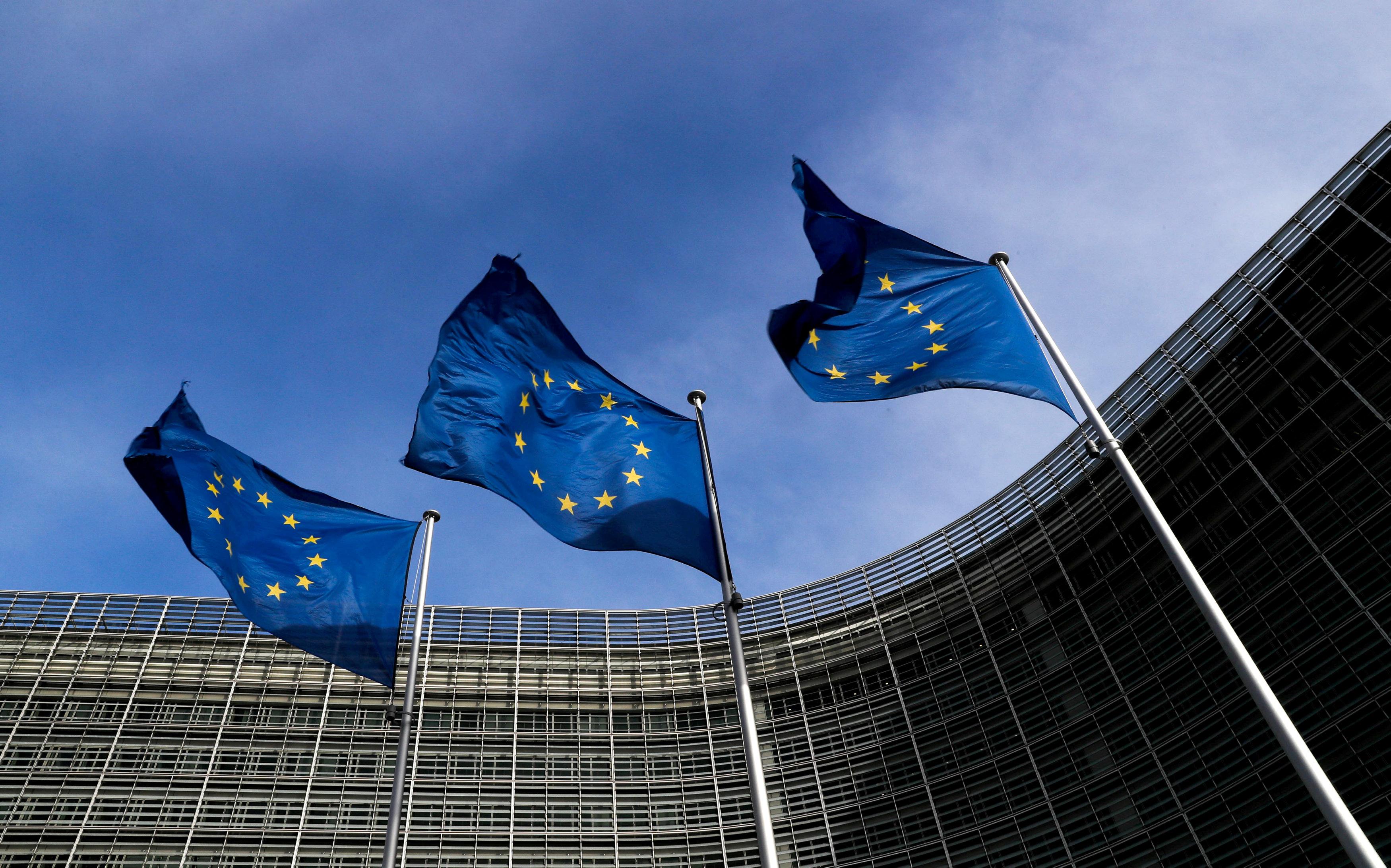
BRUSSELS, Belgium — EU health ministers met on Tuesday as national governments step up measures to try to curb the Omicron COVID-19 variant spreading across Europe while winter closes in.
The gathering aimed for greater coordination of bloc-wide measures in response, such as travel recommendations, and to hear pleas from the European Commission to accelerate vaccinations.
As he joined his EU counterparts in Brussels, German Health Minister Jens Spahn warned that “we still don’t know everything about Omicron.”
He said travel restrictions into the EU were “important so as to keep the incidence of the new variant in Europe and in Germany as low as possible.”
Polish Health Minister Lukasz Szumowski highlighted concerns for Europe’s near-term COVID-19 outlook.
“Unfortunately, these forecasts are not optimistic,” he said.
Member states retain final say on their individual health-related decisions, raising the prospect of a patchwork of restrictions across the 27-nation European Union as Christmas and ski trips loom.
EU health commissioner Stella Kyriakides told the ministers it was “important that we keep pursuing the fully coordinated approach to measures at the borders and elsewhere” to provide “predictability at this most unpredictable of times.”
She also urged “smart, targeted public health measures” ahead of Christmas family reunions.
The Omicron issue is the first order of business for an EU summit on December 16, according to a draft agenda seen by AFP.
“We have all seen in the last weeks the true scale of the challenge we still face against the virus that the world cannot yet shake off,” European Commission chief Ursula von der Leyen told EU ambassadors.
Omicron unknowns
While questions about Omicron’s severity and ability to escape immunity cannot be answered for a couple more weeks, initial data confirm its high transmissibility.
Britain, for instance, on Tuesday reported it now has 437 cases—making it the European country with by far the biggest number.
First detected in southern Africa two weeks ago, Omicron cases have been registered in dozens of countries.
Most of those cases initially were tracked to travelers from Africa, but now there are clusters of infections suggesting community spread.
The European Centre for Disease Prevention and Control (ECDC) on Tuesday counted a total 274 Omicron cases across the EU and in associated countries Iceland and Norway.
The biggest number of cases in the region were in Denmark with 73, Portugal with 34, France on 25, the Netherlands with 24, and 19 in Norway.
Given its exponential rise, the ECDC has said it expects Omicron to become the dominant strain in Europe within months.
While the EU is putting greater emphasis on vaccinations, there is an understanding that jabs alone are not enough.
Underscoring that, Denmark’s Health Minister Magnus Heunicke tested positive for COVID-19 just before he was to attend the meeting. He went into quarantine in his hotel room instead.
As well as reinforcing the use of masks, social distancing and adequate ventilation, the EU is advancing with COVID-19 treatments.
On Tuesday, the European Commission approved another of those synthetic treatments for critical patients, sold as Actemra or RoActemra by Roche, according to the Swiss-based company. — AFP
EU health ministers meet as Omicron cases rise in Europe
Source: Balita News
0 Comments